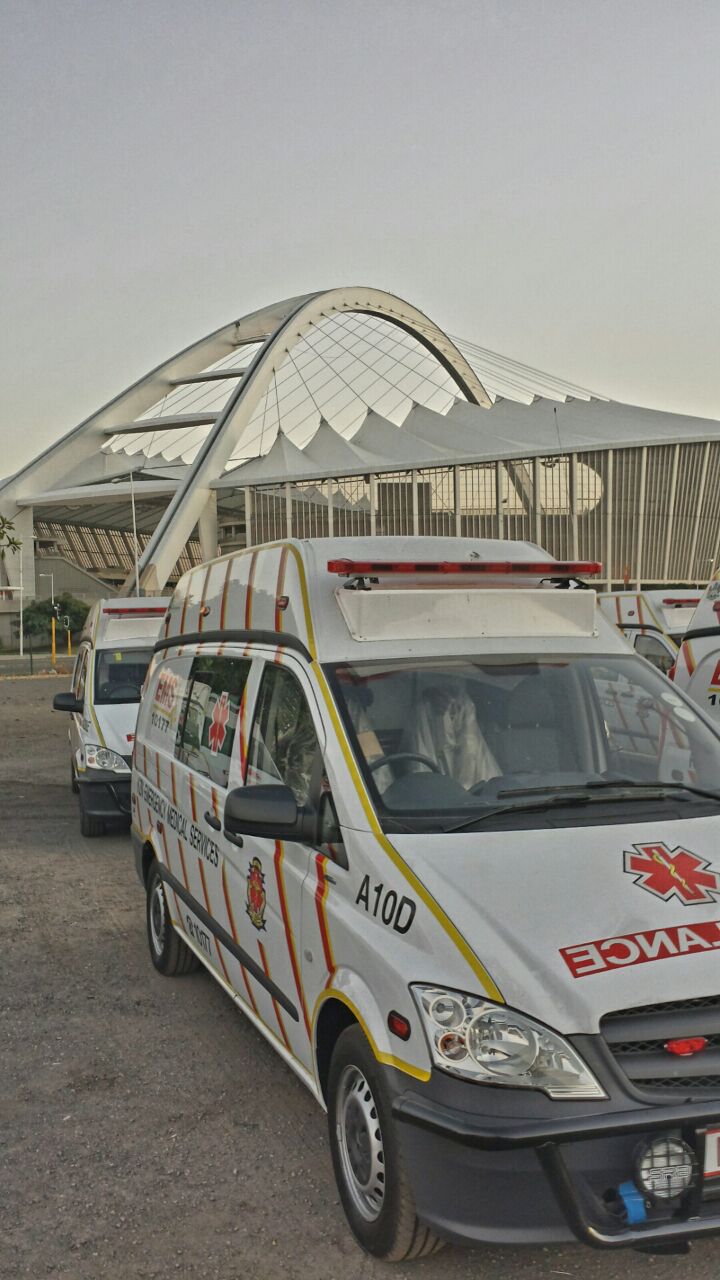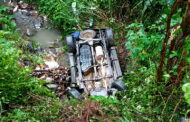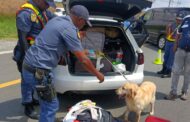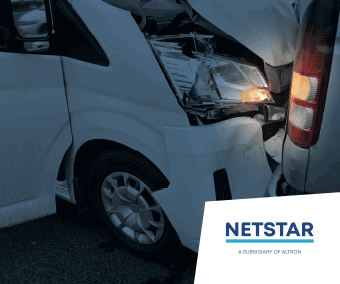Ladies and Gentlemen, thank you, once again, for honouring our invitation as we seek to keep everyone abreast of the latest developments regarding this ever-evolving COVID – 19 pandemic. We are obviously updating the community about the KZN situation and activities.
As it has become a norm, our Provincial Command Council once again sat on Friday of the 17th April 2020 and conducted an assessment of the status quo regarding COVID – 19 in our province.
This meeting came one day after our successful launch of the Provincial community screening and testing programme, at the Jika Joe settlement, at UMgungundlovu District. Through this community screening and testing programme, we have been able to screen more than 95 952 people and test more than 480.
We must at this point make our people understand that not all people will be screened and then be tested. Testing only happens after the screening has revealed the need to test.
We have an army of 565 community screening and testing teams, which amounts to 1130 cadres on the ground, distributed throughout the province. This army will be increased as more people are enrolled and trained on implementation of the program. Those people with requisite skills are encouraged to volunteer their skills, through the department of health so that the team can be bigger and stronger. Beside the volunteers, the 10488 community care givers are going to be part of the teams as they go through different parts of the province.
We are confident that through our deployment of these battle-ready troops, we will ultimately make a significant dent, in our quest to flatten the curve of new infections.
One of the main reasons for us convening this media briefing is to sound alarm bells.
- We want to inform you that all is NOT well, and that we need to take urgent and drastic action because we are at risk of losing this battle, if we behave as if all is normal.
Before I elaborate on this, let me take you through the findings of our analysis of the statistics for COVID – 19.
Up until the 17th April 2020, KwaZulu-Natal is in the third spot, among provinces with the COVID -19 burden. This is following:
- Gauteng at 1018 cases
- Western Cape at 717, and
- KwaZulu-Natal at 587 cases
KWAZULU-NATAL AT A GLANCE: A DEEPLY WORRYING PICTURE
In terms of deaths, the country has experienced 51 – and 21 of these come from the province of KwaZulu-Natal.
The total number of Laboratory-confirmed COVID-19 infected Healthcare Workers is 108.
KwaZulu-Natal has contributed to 18% of new cases in the Country.
The Province has 83 (15%) of the patients admitted in both Private and public healthcare facilities, at 61 or (73%) and 22 or (27%) cases respectively.
Three or (4%) of the 83 admitted patients are in Intensive Care, which means their situation is particularly serious.
The Province has discharged 38%, or 50 out of 133 hospitalised patients, since the start of the pandemic.
It must be noted that EThekwini Metro continues to experience the highest number and impact of COVID-19.
- Over half, or 54%, of patients are in self-isolation
- 18% of patients have recovered
- 4% cases have demised
To further illustrate the seriousness of the situation that we are facing, let me now break from our tradition, and give you a district by district breakdown of the positive cases that we have had:
| Amajuba | 8 |
| King Cetshwayo | 11 |
| Harry Gwala | 1 |
| Ilembe | 26 |
| Ugu | 15 |
| UMgungundlovu | 46 |
| UMkhanyakude | 21 |
| UMzinyathi | 2 |
| UThukela | 19 |
| Zululand | 2 |
| Ethekwini | 383 |
| Total | 534 |
THERE ARE THREE UNALLOCATED PATIENTS. THESE ARE PATIENTS WHO WERE DISCOVERED IN THE PRIVATE SECTOR AND MAY BE FROM OTHER PROVINCES.
Of the new cases recorded in KZN, a staggering 77.0 % were from eThekwini District. EThekwini District has also registered the highest death rate (4.4%) since the start of the pandemic and the highest number of contact cases.
It has therefore become crystal clear that eThekwini district has become the epicentre of COVID – 19 in KwaZulu Natal. Although this may be explained by the fact that eThekwini is a metro, and has the highest concentration of the population of KwaZulu-Natal, these figures are nevertheless extremely worrying.
This new emerging trend is indicative of the fact that too many people and some institutions are not adhering to the lockdown regulations.
Indeed, when we conduct monitoring and assessments we have observed in parts of the Durban CBD, and in some of our townships and suburbs, you see a very high number of cars on the road, as well as pedestrians. You then begin to question whether all of these people have ventured out of their homes due to emergencies, or to get food supplies, in line with the regulations of the lockdown.
We also notice that many people, especially the youth, generally do not practice social distancing, and can be seen roaming the streets or standing in groups.
This kind of behaviour must stop. People need to stop being in denial. No-one must think that they are safe from getting infected with COVID – 19, either because of their age, race, and geographical location.
The above emerging trends warrant urgent and decisive action. Such action needs to be taken now and by all of us.
INTENSIFIED LOCKDOWN FOR ETHEKWINI
It is for these reasons that we have decided as the Provincial Command Council to implement an intensified lockdown for eThekwini District. We have issued a directive to our law enforcement authorities to apply the law in its strictest form, and make sure that there are no compromises. We want them to make sure that the violation of the lockdown by people who are supposed to be at home is met with the concomitant punishment as set out by the law.
We wish to once again plead with our people to stay at home, and respect the law. This is a health emergency. We are in disaster mode. It is Not business as usual. It’s a mantra that we must recite every morning, if that’s what it takes. When we wake up, we need to say to ourselves:
- Stay at home
- Respect the law
- This is a health emergency
- We are in disaster mode
- It is Not business as usual
INTERVENTION PLAN
Our stringent intervention strategy to arrest the spread of COVID – 19 in line with this new approach will be informed by:
- Sweeping door-to-door screening
- Removal of infectious sources to specified isolation sites
- Set-up testing and screening booths in areas of major movements (malls, transport routes/taxi ranks)
- Adjustment and intensification of community containment interventions, and
- Informal settlements sanitisation programme
In Ethekwini we will with immediate effect intensify multi-disciplinary lockdown enforcement operations that includes:
SAPS
Metro Police
SANDF
Department of Transport
Department of Health
This will include the following operational concepts to vigorously ensure compliance of the disaster management act:
Roadblocks
Vehicle checkpoints
Movement checks of persons even at high commuter areas
During the mass screening:
Escorts teams will be escorting health officials conducting screening and safeguard officials
Lockdown of hotspots to ensure thorough screening and testing.
CHALLENGES AND RISKS POSED BY SELF-ISOLATION
We’re also noticing that perhaps there’s a leakage in the system insofar as self-isolation is concerned, in that those who are self-isolating, far from strict supervision, may interact with others and infect them.
I must hasten to add that this is a World Health Organisation guideline, which we are at liberty to review as a country, if we feel that it is not effective.
We are moving in a direction whereby all people who test positive will be placed in isolation in facilities demarcated by Government, and only return home when they show signs of improvement, and are testing negative. To this end, we will be increasing our capacity for screening and testing, so that we can isolate cases, treat people, and achieve our ultimate goal of flattening the curve of infections.
A CALL TO CITIZENS TO DO THEIR PART TO MAKE A DIFFERENCE
As we indicated, this intensified enforcement will be implemented vigorously from tomorrow (Monday) onwards. We are from now on an intensified lockdown. So, we ask that you please stay at home. We are appealing to the people of this Province to abide by the regulations of the national lockdown. We need our fellow compatriots to understand that this lockdown, and strict application thereof, is for their own safety.
We do not want what we’ve seen in other countries to happen here. As a country, we are still grappling with the challenge of HIV and AIDS, which once tore through our communities. What it took for us to begin to flatten the curve for HIV and AIDS was not only wide-scale access to Anti-Retroviral Treatment, but also a change in behaviour. Let us therefore adhere to these regulations, and ensure that we do our part today, so that we have nothing to regret tomorrow.
Thank You


























